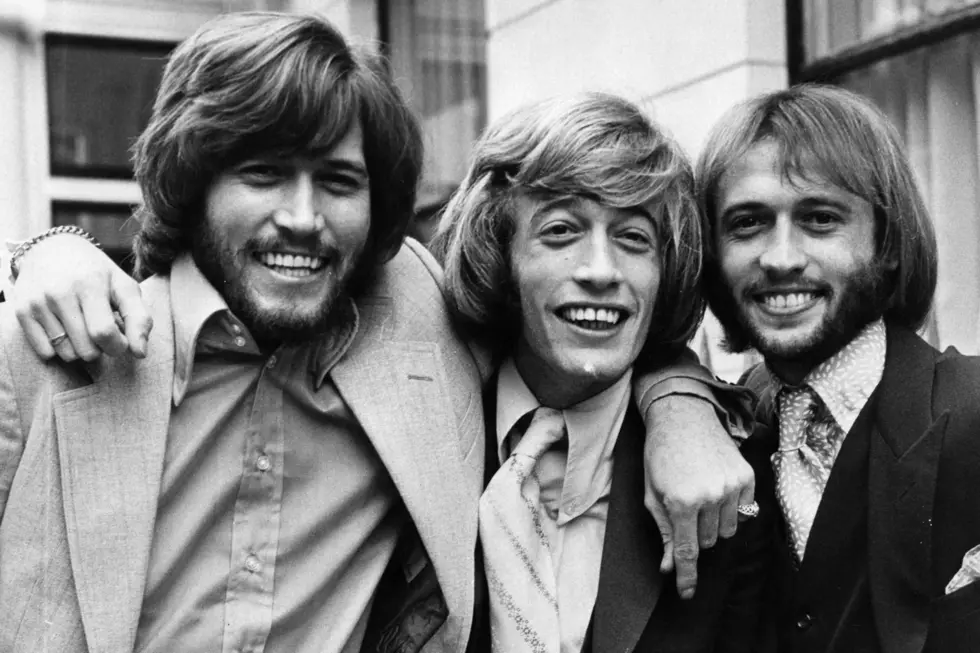
Barry Gibb Says Bee Gees’ ‘Best Times’ Came Before Their Fame
Barry Gibb, the surviving member of sibling group the Bee Gees, said their “best times” as musicians came before they found fame.
He recalled having to watch bandmates Robin and Maurice Gibb, and their younger brother Andy Gibb, all struggle with the trappings of success, while he was protected from the worst by Linda, his wife of 50 years.
“There’s fame and there’s ultra-fame, and it can destroy you,” Barry Gibb told The Guardian in a recent interview. “You lose your perspective … you’re in the eye of a hurricane and you don’t know you’re there. And you don’t know what tomorrow is, you don’t know if what you’re recording will be a hit or not. And we were kids, don’t forget.”
He noted that "before we ever became famous were the best times of our lives. There was no competition; it didn’t matter who sang what. When we had our first No.1, ‘Massachusetts,’ Robin sang the lead, and I don’t think he ever got past that. He never felt that anyone else should sing lead after that. And that was not the nature of the group. We all brought songs in; whoever brings the idea in sings the song.”
Maurice endured a battle with alcoholism while both Robin and Andy struggled with drug addiction. “My brothers had to deal with their demons, but I was married to a lady who wasn’t going to have it,” Barry said. “I could bring drugs into the house, but they would end up down the toilet. She never allowed me to go in that direction. I had to deal with my brothers being pretty much out there, but I was lucky.”
He regretted that he wasn't on speaking terms with any of his younger brothers when they died. He was trying to perform “tough love” on Andy when his addiction ended his life in 1988; he and Maurice “weren’t really speaking” before his death during surgery in 2003; and he’d also fallen out with Robin before he succumbed to cancer in 2012.
“I never thought of them as my little brothers,” Gibb explained. “It just wasn’t like that. There was something we all loved doing and we kept on doing it. There was nothing more fun than singing in three-part harmony.” He added that he had considered retirement after Robin’s death, but "I care that the music lives, and I do everything in my power to enhance that. That’s my mission.”
Top 100 Albums of the '70s
More From Ultimate Classic Rock









